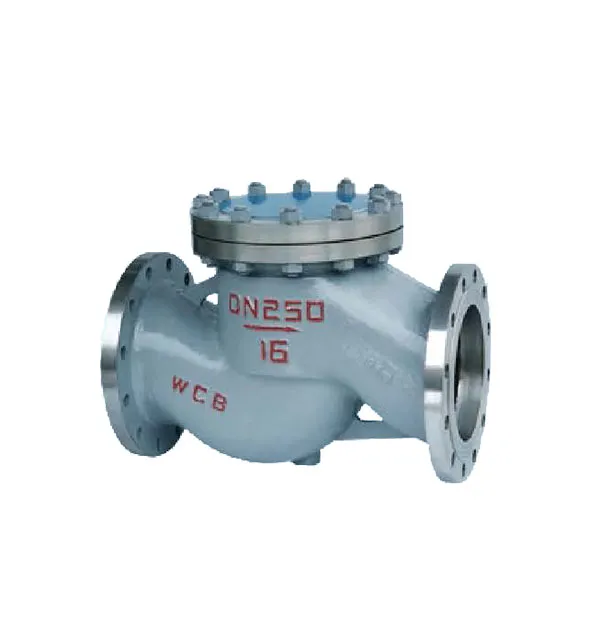marine electric actuator
Marine Electric Actuators Revolutionizing Maritime Operations
In the maritime industry, precision and reliability are paramount. With the increasing complexity of marine operations, the demand for efficient and effective control systems has surged. One such innovation that has gained prominence is the marine electric actuator. These devices are pivotal in enhancing the performance of ships and other marine vessels, enabling them to operate more efficiently while minimizing environmental impact.
A marine electric actuator is an electromechanical device that converts electrical energy into mechanical motion. This transformation allows for the controlled movement of various components within a marine vessel, such as thrusters, rudders, and valves. Unlike traditional hydraulic or pneumatic actuators, electric actuators offer numerous advantages that cater specifically to the unique needs of maritime applications.
Efficiency and Reliability
One of the primary benefits of marine electric actuators is their energy efficiency. By utilizing direct electrical inputs, these actuators minimize energy loss associated with hydraulic fluids or compressed air systems. This efficiency not only translates to lower operational costs but also supports initiatives aimed at reducing carbon footprints in the maritime sector. Furthermore, electric actuators are known for their reliability. With fewer moving parts and minimal maintenance needs, they can operate continuously in harsh marine environments without the risk of leakage or contamination that often plagues hydraulic systems.
Precision Control
In marine operations, precision is critical. Electric actuators offer unparalleled control over the movement of mechanical components. This level of precision is essential for various applications, including ballast control, trim adjustments, and even automated navigation systems. The ability to accurately position components enhances overall vessel performance, ensuring safety and improving navigational capabilities. Moreover, with advancements in digital technology, electric actuators can now be integrated into sophisticated control systems that provide real-time feedback and adjustments, further enhancing operational efficiency.
marine electric actuator

Compact Design and Installation Flexibility
Marine electric actuators are also favored for their compact design, which allows for easy integration into a vessel's existing systems. Their smaller footprint compared to traditional actuators makes them suitable for space-constrained environments often found in marine settings. This versatility in installation not only simplifies the retrofitting process for older vessels but also provides designers with options to create more efficient layouts in new builds.
Environmental Considerations
As the maritime industry seeks to align with stricter regulatory standards focused on environmental protection, electric actuators present a viable solution. They eliminate the need for harmful hydraulic fluids, thereby reducing the risk of spills and contamination. Additionally, their energy efficiency contributes to lower emissions, making them an environmentally friendly choice for ship operators looking to lessen their ecological impact.
Conclusion
As the maritime industry continues to evolve, the adoption of innovative technologies like marine electric actuators will play a vital role in shaping the future of marine operations. By providing efficient, reliable, and precise control, these actuators not only enhance vessel performance but also contribute to a more sustainable maritime environment. In an era where operational efficiency and environmental responsibility are more critical than ever, marine electric actuators stand out as a key driver of progress in the industry.
-
Breakthrough in Domestic Low Temperature Valve Technology in ChinaNewsAug.18,2025
-
From Machinery to Intelligent Brain: The Digital Transformation Wave of the Valve IndustryNewsAug.18,2025
-
PCVEXPO 2025NewsAug.18,2025
-
The Key to Fluid Control: Exploring the Advantages of Ball Valves in Industrial SystemsNewsJul.09,2025
-
The Versatile World of 1, 2, and 3 Piece Ball ValvesNewsJul.09,2025
-
Stainless Steel Ball Valves: The Ideal Choice for Efficient Flow ControlNewsJul.09,2025
-
Optimizing Fluid Control with Ball Float ValvesNewsJul.09,2025




